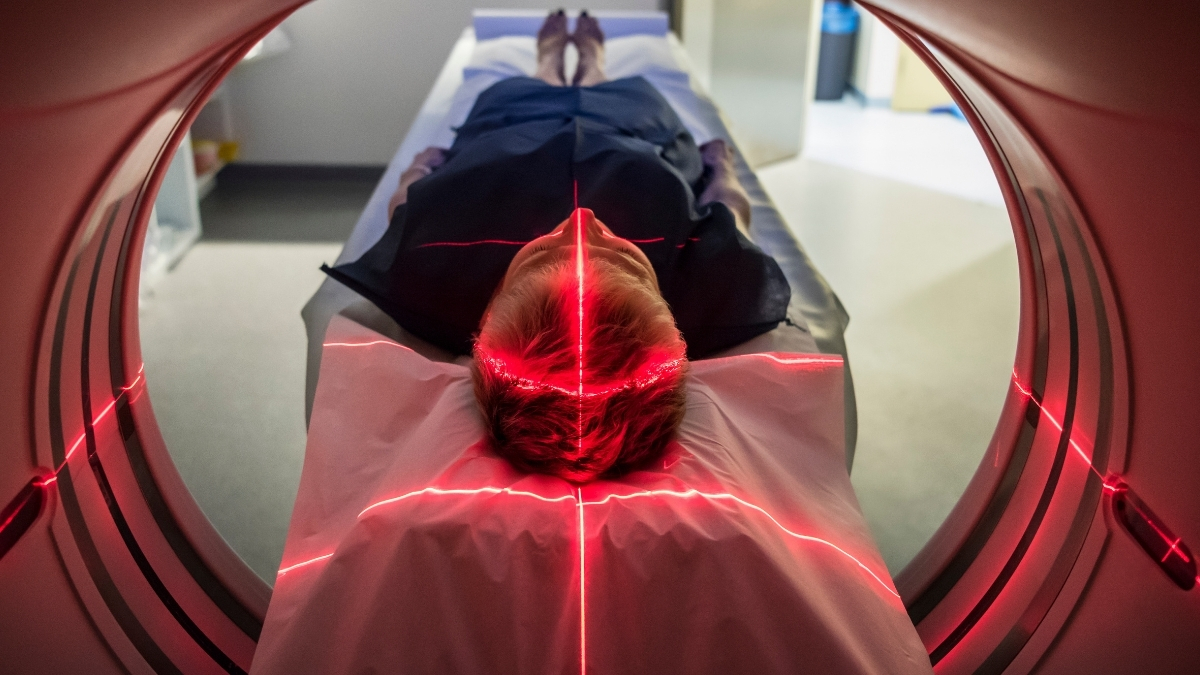The Secret Ingredient to Brain Health Lies in Deep Sleep
The Power of Deep Sleep in Brain Health
Deep sleep, often referred to as slow-wave sleep, plays a crucial role in restorative processes. Research indicates that this sleep stage is not only vital for everyday cognitive functions but may actually be protective against the degenerative processes that lead to Alzheimer's disease. As we age, deep sleep tends to diminish, making it all the more important to maintain healthy sleep habits for long-term brain health.
Scientific Insights and Studies
A recent study involving 62 older, cognitively healthy adults revealed that those who experience more deep sleep tend to maintain better brain health. The study, highlighted by ScienceAlert, used advanced neuroimaging techniques to correlate deep sleep patterns with fewer Alzheimer's markers.
"The best bridge between despair and hope is a good night’s sleep." - Matthew Walker, Sleep Scientist
How to Boost Your Deep Sleep
- Maintain a consistent sleep schedule by going to bed and waking up at the same time every day.
- Create a restful environment with minimal light and noise.
- Avoid caffeine and heavy meals close to bedtime.
- Consider relaxation techniques such as meditation or deep breathing exercises.
Consider enhancing your sleep routine with products like the Sleep Aid Sound Machine to create an optimal sleep environment. Its soothing sounds can help promote deeper stages of sleep.

Further Reading and Resources
Delve deeper into sleep's impact on health with the best-selling book "Why We Sleep" by Matthew Walker.
For a comprehensive guide on improving your sleeping patterns, consider reading this Sleep Foundation paper.
Stay updated with Alzheimer's Association blog for the latest news and research updates.
